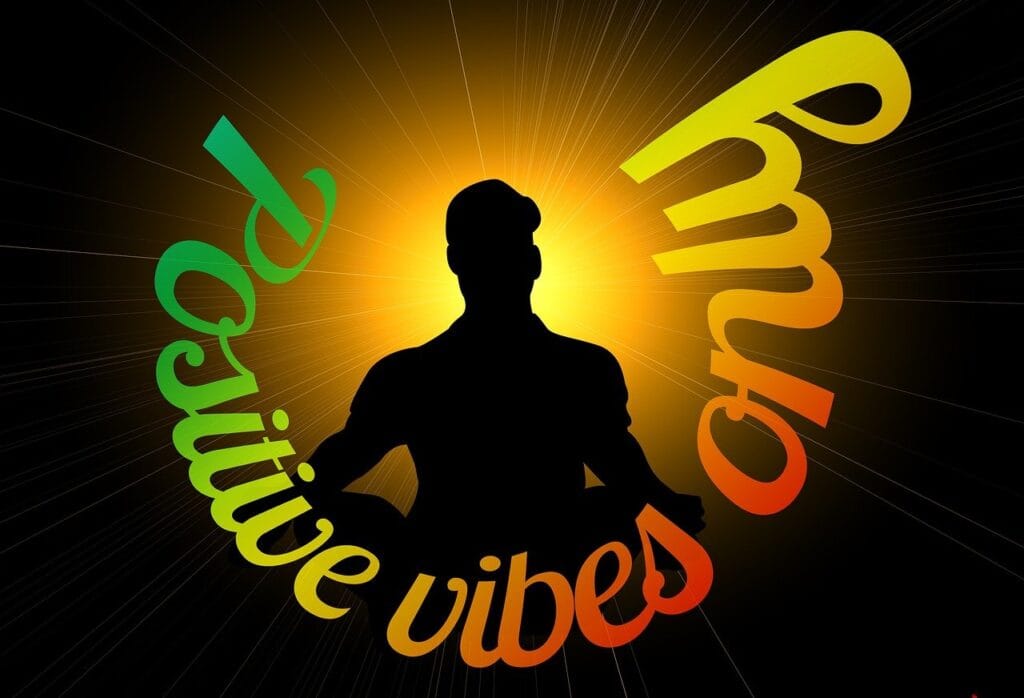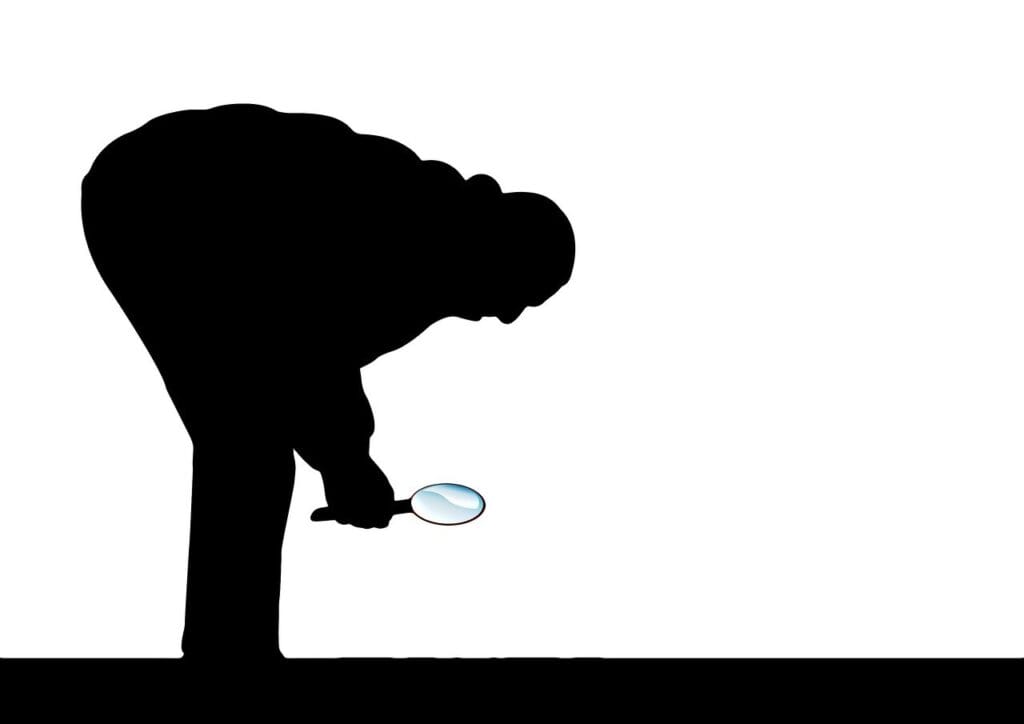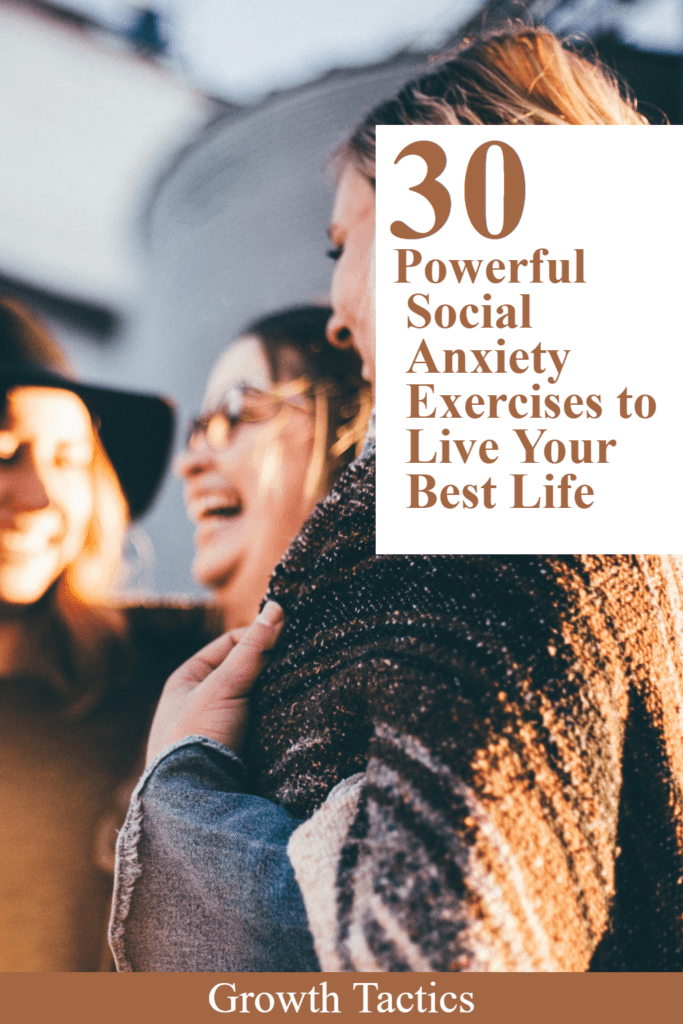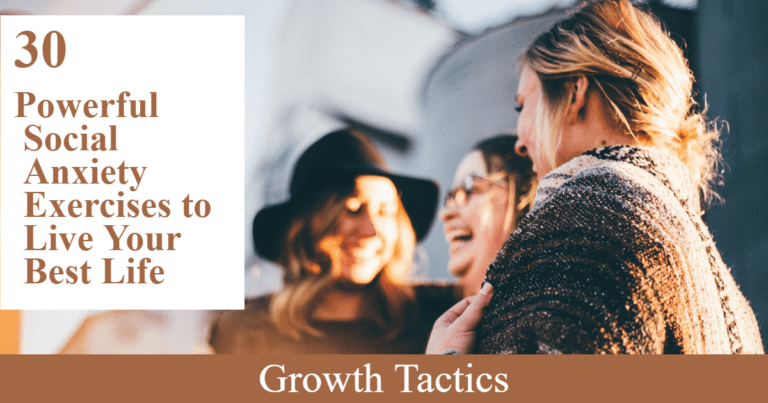I know firsthand how tough it can be to deal with social anxiety. Those sweaty palms, racing thoughts, and the overwhelming urge to run and hide. I’ve been there. But guess what? You’re not alone, and there’s hope.
In this article, I’m sharing 30 exercises that have helped me and countless others manage social anxiety and regain control of our lives. These aren’t just any exercises; they’re powerful tools that’ll help you build confidence, challenge those pesky negative thoughts, and step into social situations with newfound courage.
Ready to take charge of your mental health and kick social anxiety to the curb? Let’s dive in!
Jump To Section
Understanding Social Anxiety
Social anxiety disorder can make everyday interactions feel like huge challenges. It’s not just about feeling nervous before a big presentation. It’s a persistent fear of social situations that can really impact your life.
Here are some common symptoms of social anxiety I’ve seen in myself and others:
- Intense fear of being judged by others
- Worry about embarrassing yourself
- Avoiding social situations
- Physical symptoms like sweating, shaking, or blushing
- Difficulty making eye contact
- Trouble starting or joining conversations
- Feeling self-conscious in everyday situations
- Overthinking social interactions after they happen
- Expecting the worst possible outcome from social situations
- Feeling nauseous or sick to your stomach in social settings
Remember, everyone’s experience is unique. You might have some of these symptoms but not others. That’s okay. What matters is recognizing when these feelings start to interfere with your daily life.
Now that we’ve discussed what social anxiety looks like, let’s roll up our sleeves and get to work. Let’s explore some self-help exercises that have been game-changers for me and many others I’ve worked with.
Mindfulness and Grounding
We all face moments when the world feels like it’s spinning out of control. I’ve been there, and I bet you have too. But here’s the good news: you have the power to calm that storm. Let me share some techniques that have been game-changers for me and many others I’ve worked with.
1. Deep Breathing: Your Built-in Stress Buster

When stress hits, your breath is your best friend. I make it a habit to take slow, deep breaths whenever I feel overwhelmed. Here’s how you can do it:
- Breathe in through your nose for 4 counts.
- Hold for 4 counts.
- Breathe out through your mouth for 6 counts.
Do this a few times, and you’ll feel the difference. It’s like hitting the reset button on your stress levels.
2. The 5-4-3-2-1 Technique: Your Personal Reality Check
This one’s a lifesaver when your mind’s racing. I use it all the time. Here’s what you do:
- Name 5 things you can see
- 4 things you can feel
- 3 things you can hear
- 2 things you can smell
- 1 thing you can taste
It’s simple but works wonders to bring you back to the present moment.
3. Body Scan: Get to Know Your Stress Spots
Our bodies hold onto stress without us even knowing it. That’s where the body scan comes in. I do this every night before bed:
- Start at your toes.
- Move up to your legs, stomach, chest, arms, and head.
- Notice any tension and let it go as you breathe.
It’s like giving yourself a mini-massage with your mind.
4. Mindful Walking: Every Step Counts

Walking isn’t just exercise; it’s a chance to practice mindfulness. When I’m feeling stressed, I take a walk and focus on each step:
- Feel your foot hit the ground.
- Notice how your weight shifts.
- Pay attention to the rhythm of your steps.
It’s amazing how something so simple can clear your head.
5. Present Moment Awareness: The Here and Now
Our minds love to wander to the past or future. But the present is where life happens. Try this:
- Look around you right now.
- What do you see, hear, feel?
- Focus on what’s happening, not what might happen.
I do this whenever I catch myself worrying about things I can’t control.
Cognitive Behavioral Techniques
I’ve been there, stuck in a loop of negative thoughts, feeling like there’s no way out. But let me tell you, our minds are powerful tools. We just need to learn how to use them right. That’s where cognitive behavioral techniques come in. These are some of my go-to strategies when I need to shift my thinking and get back on track.
6. Thought Challenging: Put Your Thoughts on Trial
We all have that inner critic, but sometimes it needs to be cross-examined. When a negative thought pops up, I ask myself:
- Is this really true?
- What evidence do I have?
- How else could I look at this?
It’s like being your own detective, searching for the truth behind your thoughts.
7. Positive Self-Talk: Be Your Own Cheerleader

The way we talk to ourselves matters. I used to be my own worst critic, but now I’m my biggest fan. Try this:
- Catch yourself when you say something negative.
- Flip it into something positive and encouraging.
- Repeat it to yourself, out loud if you can.
It might feel weird at first, but trust me, it works.
8. Journaling: Your Thoughts on Paper
Sometimes, our thoughts are like a tangled ball of yarn. Writing them down helps unravel the mess. I keep a journal by my bed and write:
- What I’m feeling
- Why I might be feeling this way
- What I can do about it
It’s like having a conversation with yourself on paper.
9. Worst-Case Scenario: Face Your Fears
This one might sound scary, but it’s actually freeing. I often ask myself:
- What’s the worst that could happen?
- How likely is it to happen?
- How would I cope if it did?
Usually, I realize I’m stronger than my fears.
10. Evidence Gathering: Be a Fact Checker

Our anxious minds can be sneaky liars. That’s why I like to play fact-checker. When worry strikes, I:
- List out my anxious thoughts
- Look for real evidence that supports or contradicts them
- Focus on facts, not feelings
It’s amazing how often our fears don’t match up with reality.
Gradual Exposure
I remember when the thought of social interactions would make my palms sweat. But I learned that facing our fears doesn’t have to happen all at once. Gradual exposure is like building a staircase to confidence, one step at a time. Let me share some strategies that worked wonders for me and might just do the same for you.
11. Start Small: Baby Steps to Bravery
Think of it like dipping your toes in the water before diving in. I started by:
- Saying hello to my neighbor
- Ordering coffee without rehearsing in my head
- Sitting in a busy park for 10 minutes
Each small win built my confidence for bigger challenges.
12. Role-Playing: Practice Makes Progress
It’s like a dress rehearsal for real life. I’d ask my sister to play different roles:
- A cashier at the grocery store
- A new coworker at the office
- Someone at a party
We’d act out scenarios, and I’d practice my responses. It felt silly at first, but it really helped me feel prepared.
13. Join a Support Group: You’re Not Alone

There’s strength in numbers. I joined a local support group and found:
- People who truly understood my struggles
- A safe place to practice social skills
- Friendships that grew naturally
It was comforting to know others were on the same journey.
14. Volunteer: Give Back, Get Confidence
Helping others can be a powerful distraction from our own worries. I started volunteering at an animal shelter:
- It gave me a sense of purpose
- I focused on the animals instead of my anxiety
- I met like-minded people in a low-pressure setting
It was amazing how much more confident I felt when I wasn’t overthinking every interaction.
15. Take an Online Class: Learn and Connect
The internet can be a great training ground for social skills. I took an online cooking class:
- I could participate from the comfort of my home
- There was structure to the interactions
- I could practice speaking up in a group setting
It was a gentle way to ease into more social situations.
Social Skills Building
I’ve been there, feeling awkward in social situations, not knowing what to say or do. But I’ve learned that social skills are just that; skills. And like any skill, we can improve with practice. Here are some techniques that helped me become more confident in my interactions.
16. Practice Eye Contact: Windows to Connection
Eye contact used to make me squirm. So I started small:
- I’d look at people’s eyes for just a second, then look away
- I practiced with TV characters first
- I gradually increased the time I could maintain eye contact
Now, I can look people in the eye without feeling uncomfortable. It’s made a big difference in how I connect with others.
17. Small Talk Practice: Breaking the Ice

Small talk isn’t about being clever. It’s about being present. I started with:
- Commenting on the weather
- Asking about someone’s weekend plans
- Complimenting someone’s outfit or accessories
The more I practiced, the more natural it felt. Now, starting conversations isn’t so scary.
18. Active Listening: Tune In, Tune Out Anxiety
When we really listen, we forget to be anxious. Here’s what works for me:
- I focus on the speaker’s words, not my own thoughts.
- Ask follow-up questions to show I’m engaged.
- I nod and use small verbal cues to encourage the speaker.
It’s amazing how much easier conversations flow when you’re truly listening.
19. Assertiveness Training: Your Voice Matters
Being assertive isn’t about being aggressive. It’s about respecting yourself and others. I learned to:
- Use “I” statements to express my feelings
- Say “no” when I need to, without feeling guilty
- Ask for what I need clearly and calmly
It took practice, but now I feel more in control of my interactions.
20. Body Language Awareness: Your Silent Messenger
Our bodies speak volumes. I became more aware of:
- Standing up straight to project confidence
- Uncrossing my arms to appear more open
- Mirroring others’ body language to build rapport
These small changes made a big impact on how others perceived me – and how I felt about myself.
Relaxation Techniques
I’ve been there, feeling overwhelmed, tense, and unable to shake off stress. But over the years, I’ve discovered some powerful relaxation techniques that have changed my life. Let me share them with you.
21. Progressive Muscle Relaxation: Tension Be Gone!
This is my go-to technique when I’m feeling wound up:
- I start at my toes, tensing them for a few seconds
- Then I relax them, feeling the tension melt away
- I work my way up my body, one muscle group at a time
It’s amazing how much lighter I feel after doing this. Give it a try!
22. Guided Imagery: Your Mind’s Vacation Spot

When I need a quick escape, I use guided imagery:
- I close my eyes and picture a peaceful place
- I imagine the sights, sounds, and smells
- I let myself feel calm and relaxed in this mental oasis
It’s like a mini-vacation for my mind. Where will your peaceful place be?
23. Yoga: Stretch Your Way to Calm
Yoga has been a game-changer for me:
- I start with simple poses, focusing on my breathing
- I feel the tension leave my body with each stretch
- I end feeling refreshed and centered
You don’t need to be super flexible. Just start where you are.
24. Meditation: Quiet Your Mind
Meditation used to seem impossible for me. Now it’s a daily habit:
- I sit comfortably and close my eyes
- I focus on my breath or repeat a calming word
- When my mind wanders, I gently bring it back
Even a few minutes can make a big difference in my day.
25. Stress Ball: Squeeze Out the Tension

Sometimes, I need something more hands-on:
- I keep a stress ball at my desk
- When I feel tense, I give it a good squeeze
- I focus on the sensation in my hand and arm
It’s a simple way to release tension and refocus my mind.
Lifestyle Changes
I’ve learned that the key to managing stress isn’t just about quick fixes. It’s about making smart changes to how we live. Let me share some game-changers that have worked wonders for me.
26. Regular Exercise: Move Your Way to Calm
I used to think I was too busy to exercise. Now, I can’t imagine my life without it:
- I start my day with a brisk walk
- I do some stretches during work breaks
- I dance to my favorite tunes when I’m feeling down
Find what moves you. Your body will thank you, and your mind will follow.
27. Healthy Eating: Fuel Your Body Right
I’ve noticed a huge difference in how I feel when I eat well:
- I pack my plate with colorful veggies
- I choose whole grains over processed foods
- I drink plenty of water throughout the day
Remember, it’s not about being perfect. It’s about making better choices, one meal at a time.
28. Sleep Hygiene: Sweet Dreams, Less Stress

Getting good sleep used to be a struggle for me. Here’s what helped:
- I set a regular bedtime and stick to it
- I keep my bedroom cool and dark
- I avoid screens an hour before bed
A good night’s sleep can make you feel like a new person. Trust me on this one!
29. Limit Caffeine: Calm Down Your Cup
I love my coffee, but too much was making me jittery:
- I switched to decaf after lunch
- I tried herbal teas for an afternoon boost
- I drink more water instead of reaching for another coffee
You don’t have to give up caffeine completely. Just find your sweet spot.
30. Gratitude Practice: Count Your Blessings
This simple habit has changed my outlook on life:
- I keep a small notebook by my bed
- Every night, I write down three good things from my day
- I reflect on why I’m grateful for them
It’s amazing how focusing on the good can shift your whole perspective.
Final Thoughts On Social Anxiety Exercises
Remember, overcoming social anxiety is a journey, not a race. Each of these 30 exercises is a step towards a more confident, socially comfortable you. I’ve seen firsthand how these techniques can transform lives, including my own.
So pick a few that resonate with you and give them a try. Be patient with yourself, celebrate small victories, and don’t be afraid to seek help from a mental health professional if you need extra support. Your purpose is unique, and the world needs your voice. Now go out there and show social anxiety who’s boss!
Did you enjoy this article on social anxiety? Please share and subscribe below.


